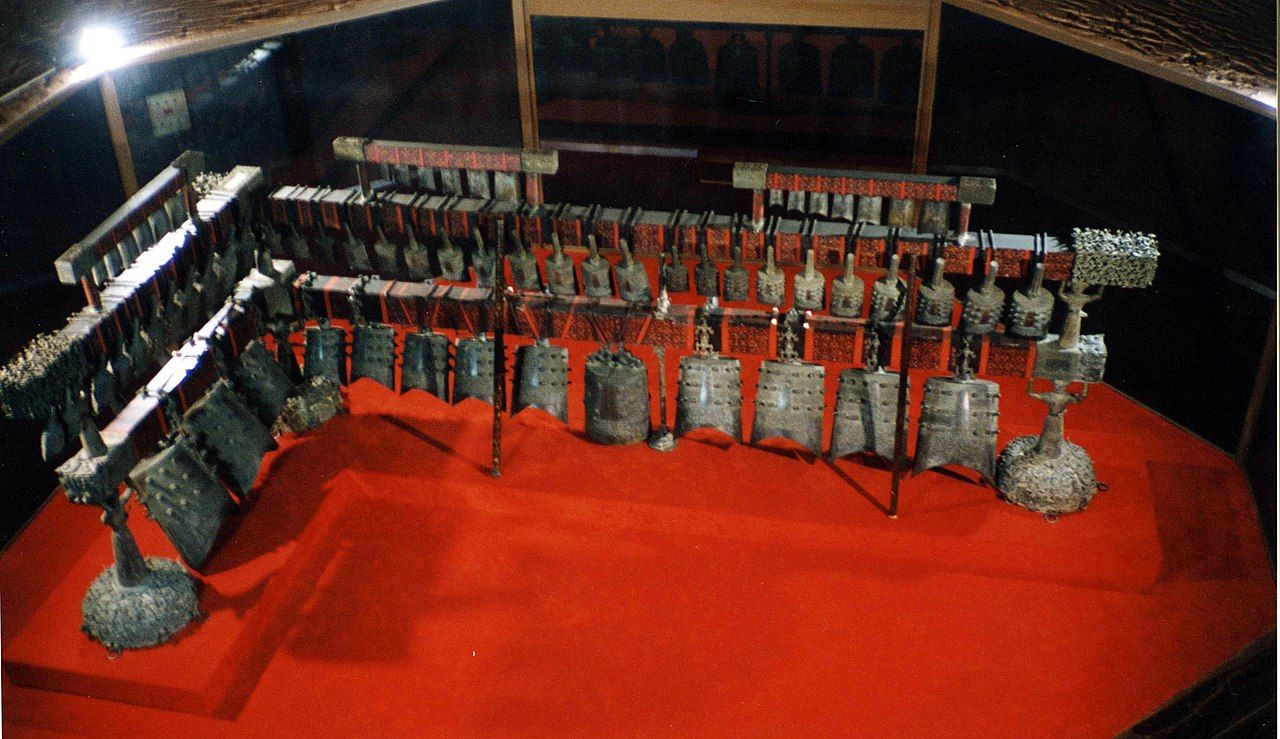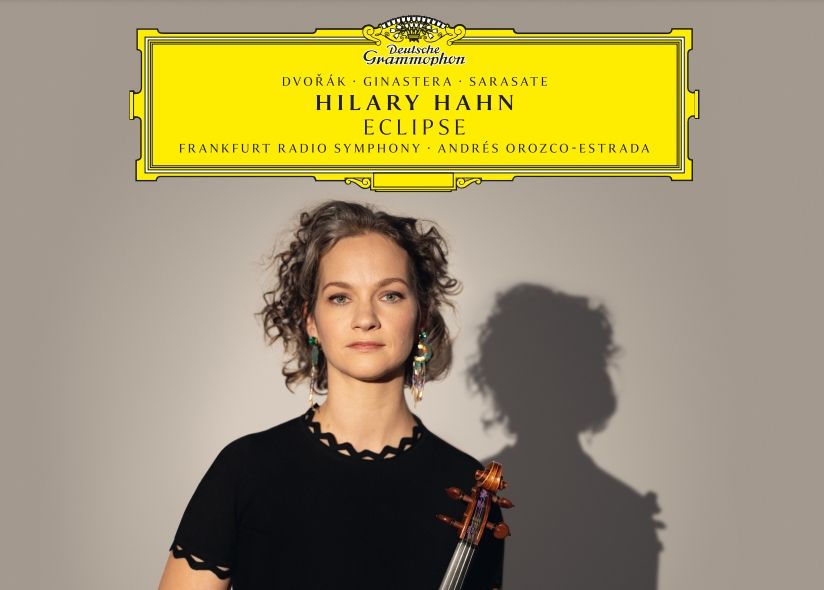前幾天朋友傳給我阿富汗喀布爾時報的一則女子管弦樂團的報導,看完之後想到最近阿富汗的狀況覺得有些感傷。而在塔利班掌權後,喀布爾時報也停更了。
最後想了想決定翻譯這報導,分享一下這段在2019年發生的事情。
阿富汗女子管弦樂團進駐牛津:以音樂培育文化領袖(2019.02.19)Afghan Women’s Orchestra in Oxford: fostering cultural leaders through music//February 19, 2019
在阿富汗,年輕女性公開演奏音樂是非常大膽的政治性行動。讓人看見、阿富汗女性讓人聽到、讓人看到,是非常激進的表現,尤其是以表演音樂的方式。然而有一群阿富汗女性為了捍衛演奏音樂的權利克服了所有障礙,他們成立了佐赫拉樂團,是阿富汗第一個全女性的管弦樂團。以勇氣抵抗了40年來的壓制,並且激勵了下個世代的年輕男女。今年三月(譯註:2019),將有一場歷史性的拜訪,這些年輕女性將進駐牛津一週。預計此次拜訪將開啟牛津市與阿富汗國立音樂機構長久且令人興奮的關係。
In Afghanistan, young women making music in public is a bold political act. To been seen, to be heard — particularly through musical expression — is radical for women living in Afghanistan today. Yet there is a group of young women defying all the odds to assert their right to make music — they form Ensemble Zohra, the first all-female orchestra in Afghanistan. Through their courage they are pushing back 40 years of repression and inspiring a whole new generation of young men and women. In March, these young women will be in residence in Oxford for a week in a historic visit which promises to be the beginning of an exciting and enduring relationship between the Afghanistan National Institute of Music and the city of Oxford.
1979年蘇聯入侵阿富汗、導致塔利班出現,在那之後原本綻放的音樂文化被完全噤聲,伴隨的是女性被完全禁止參與音樂活動。即便在2001年政治環境與安全性改善,大部分的阿富汗人依然不同意演奏音樂,女性,特別是男女混和的團體更遭到嚴格禁止。挑戰這些社會界線,Ahmad Sarmast 博士在2010年成立了阿富汗國立音樂機構(ANIM),ANIM 是男女混校,有正式課程以及完整的音樂教育,包括歷史、理論、表演實務,並教授西方樂器和傳統阿富汗樂器。ANIM 位於喀布爾,專門為阿富汗社會各階層提供學習音樂的機會,確保街頭上的孩子和孤兒都能夠與中產階級小孩一樣能夠學習音樂。從其他城鎮來的學生,則會住到喀布爾的孤兒院中,這樣能方便能夠就近上學、還能讓學生遠離那些不同意參與音樂活動的家屬,保障學生安全。學校只能為如此激進的組織提供基本的安全,這仍然是這些女孩子(從非常小的年紀到 20 出頭)的「安全空間」,在這裡他們與男性同儕在所有方面上平等而且不需要戴頭巾。在 2015 年,當所有女性與男性一起參加所有類型的表演時,小號樂手米亞,他對 Sarmast 博士提出建議,希望女性能有自己的團體,擁有自己的表演和曲目,最後建立了女子管弦樂團─佐赫拉樂團。
Following the Soviet invasion of Afghanistan in 1979 and the rise of the Taliban, a rich musical culture was silenced for decades with women’s access to musical participation completely forbidden. Despite the political and security changes after 2001, there are still large portions of the Afghan population that do not approve of music-making, especially for women and even more particularly in mixed groups of men and women. Pushing these social boundaries, Dr Ahmad Sarmast founded the Afghanistan National Institute of Music (ANIM) in 2010. ANIM is co-educational and teaches the national curriculum alongside a full music programme including history, theory and practical performance on both traditional Afghan and Western classical instruments. Based in Kabul, ANIM is dedicated to providing access to music education across all sectors of Afghan society, ensuring that street children and orphans have as much access as more middle-class families. Students from the outlying provinces often move to Kabul to live in orphanages as much to be in proximity as to be safe from family members who disapprove of their musical activities. The school, only moderately secure for such a radical institution in Kabul, is still a ‘safe space’ for the girls (from a very young age through to their early 20s) where they are equal to their male peers in all ways and are not required to wear hijab. While girls participate in all aspects of musical performance alongside the boys, in 2015 Meena, a young trumpet player, approached Dr Sarmast because she wanted the girls to have their own group, to taof their performance and repertoire and form an all-female orchestra — Ensemble Zohra.
我第一次知道佐赫拉樂團是因為 Negin Khpalwak 的線上新聞,第一位阿富汗女子樂團的指揮,我對他立刻浮現許多認同,因為我年輕時代也是在阿拉斯加中部努力成為指揮。Negin 因為追求音樂的道路而被叔叔威脅殺掉,從阿富汗郊區的傳統普什圖社群中遷移到喀布爾。讓我們先不要關注在阿拉斯加與在喀布爾的孤兒院中成長有多大的差異,這兩個地方仍有些地方很像,它們都與英國和歐洲視為理所當然的管弦樂景況距離很遠。指揮職涯始終充滿著的不可控與艱困,沒有任何事物能取代透過廣泛接觸管弦樂實踐和音樂家所得到的經驗。Negin 的故事讓我立刻想到一個主意,開始遊說我的管弦樂團讓他來到英國進行兩周的專業發展計畫。很快的這個對話轉變成為將整個樂團帶到這裡並這樣開始了一段改變人生的旅程。
I first became aware of Ensemble Zohra through an online news article about Negin Khpalwak, the first Afghan female orchestra conductor, with whom I felt immediate sympathies as my own youth was spent trying to become an orchestra conductor in the middle of Alaska. Negin had to move from her traditional Pashtun community in rural Afghanistan to Kabul when her uncle threatened to kill her if she pursued her musical ambitions. Let’s not pretend for an instant that growing up in Alaska and living in an orphanage in Kabul are the same things, but what they do have in common is a remoteness from the rich orchestral landscape that is taken for granted in the UK and throughout much of Europe. Throughout the rocky and unpredictable journey that is any conducting career, there is no replacement for the multitude of experiences and knowledge gained by having access to such a wide range of orchestral practices and musicians. I was instantly inspired by her story and began to lobby my orchestra to bring her to the UK for a two-week professional development programme. Very quickly the conversation turned towards bringing the entire group here and thus began a life-changing journey…

邀請年輕女性到這裡但沒有先去見過他們不太禮貌,所以沒過幾個月,我就訂了前往喀布爾的機票,並且在那邊的音樂學校住了一週,我很幸運,寄宿旅館的老闆帶我安全地遊覽了城市,即使喀布爾在尚在阿富汗政府的掌控下,我也只進入了有武裝警備的大樓,並且頻繁地安檢和查看包包,就算是要進入大廳和餐廳也一樣。學校沒有什麼不同,被水泥牆與鐵絲網圍繞,警衛在裡外駐守。由於暴力事件和竊賊太多,學生不能帶樂器回家練習。這間學校已經被塔利班列為目標,2016 年的公開演出被自殺炸彈客攻擊。一位觀眾死亡,校長重傷瀕死,所幸沒有學生在爆炸中死亡。隔一週後,別區的一所學校被攻擊,有 48 位學童和老師傷亡。沒有任何人知道這間學校什麼會成為下個目標。然而這就是普通百姓在阿富汗追求發展的日常生活。
It didn’t feel right to invite the young women here without going to meet them first, so within a few months I had booked a flight to Kabul and spent a week visiting the music school. I was fortunate to have local hosts who helped me navigate the city safely, but even in Kabul which is (as yet) under the control of the Afghan government, I only entered buildings with armed guards and frequently underwent pat-downs and bag searches, even to enter malls or restaurants. The school was no different. Surrounded by a single concrete wall with razor wire, guards were stationed inside and out. Students are not able to take instruments home with them to practice as the risk of violence and theft is too high; they stay late to practise instead. The school has been acknowledged by the Taliban as a target and in 2016 a public performance was attacked by a suicide bomber. One audience member died and the school’s director nearly lost his life. Fortunately, no students were killed in the blast. A week after I left, a school in another district of Kabul was attacked, killing 48 pupils and teachers. No one knows when the school will become the next target. But that is the reality for those pushing forward on the ground in Afghanistan.
作為學校樂團指揮及管弦樂製作的社會心理學學者,我發現學校的狀態很好,不像委內瑞拉國立青少年管弦樂團計畫主要在培養西方管弦樂實務,學校的所有管弦樂團都結合了阿富汗和西方傳統樂器,表演改編自傳統及流行阿富汗以及西方古典樂的樂曲。在這樣的實踐中,再次強調管弦音樂製作,創造獨特的阿富汗聲音和音樂文化。當然,這沒有說的這麼簡單,才剛從外面抵達,我就看到各種潛在目標間的緊張氣氛。其中一個便是如何平衡每位音樂家的發展,尤其是對國際舞台的管弦樂的志向和潛力以及想要推廣真正阿富音樂實務的願望,因為現在阿富汗尚未有專業管弦樂環境(甚至首先是要有業餘環境)。
As an orchestra conductor and academic with a specialism in the social psychology of orchestral music-making, I found the situation at the school fascinating. Unlike El Sistema’s project of cultivating primarily Western orchestral practices, all of the orchestras at the school combine traditional Afghan and Western classical instruments, performing arrangements of traditional and popular Afghan and Western classical music. In doing so the practice re-signifies orchestral music-making, creating a uniquely Afghan sound and musical culture. Naturally, it is not as simple as that, and coming in from the outside I immediately saw tensions between a variety of potential objectives. One such tension lies in how one balances the development of individual musicians, such as those with orchestral aspirations and potential on an international stage, with the desire to promote an authentically Afghan musical practice when there is yet to be a professional (or even amateur, for that matter) orchestral music scene in Afghanistan.
在阿富汗成為音樂家並不簡單,特別是身為女性。那裏沒有管弦院團可以試奏,也沒有音樂廳內的室內音樂表演節目,沒有任何土壤能讓鋼琴家綻放,在那邊的父母沒有辦法每週帶小孩去音樂室上課。公開表演很危險。年輕人的音樂生活需要無限的創新、創造力、冒險犯難、堅持。這樣的過程中,他們未來將成為文化領袖。邀請他們來牛津進駐一週是我們支持他們旅程的一種方式,並且我們會將會收到一個管弦樂團的新方法、一種新的音樂景觀、以及一段新的友誼。在薩默維爾學院進駐期間,這些年輕的女性將浸入百年來最頂尖的女性教育和培養環境,佐赫拉樂團將會與牛津大學學生,牛津郡音樂部門的年輕音樂家、聖約翰斯管弦樂團的專業音樂家一起排練並進行表演。
Becoming a musician in Afghanistan is not straightforward — especially if you are female. There are no orchestras to audition for or regular chamber music series in concert halls, nor are there acres of budding pianists whose parents will bring them to your studio for weekly lessons. Public performances are risky. A life in music for these young people will require an incredible amount of innovation, creativity, risk-taking and perseverance. They will become cultural leaders in the process. Inviting them to Oxford for a week-long residency is one way that we can support this journey, and in exchange we will be opened to a whole new way to be an orchestra, new musical landscapes and new friendships. In residence at Somerville College, the young women will be embedded in an environment that has spearheaded the education and empowerment of women for over a hundred years. Ensemble Zohra will rehearse and perform with Oxford University students, young musicians from the Oxfordshire County Music Service, and the professional musicians of the Orchestra of St John’s.
不太確定這篇報導後半是引用哪邊來的文章。不過這依然是阿富汗的人嘗試捍衛自身權益的故事,而現在因為塔利班掌權再也無法延續下去,不論是報社,還是音樂學校。
報導中提到音樂學校是塔利班的目標,雖然塔利班宣布大赦,但阿富汗現在仍持續有傷亡傳出,或許這些音樂家都在想辦法撤離。我在發文前 Google 了指揮 Negin Khpalwak ,發現有篇土耳其報導說他已經上了撤離飛機。是令人欣慰的好消息。
這樣的事情我不太想忘記,至少讓我記得:「人權不是理所當然的,音樂也不是理所當然的;這些珍貴的價值都是人們努力開創出來的,也要人們願意呵護才會繼續存在下去。」

















